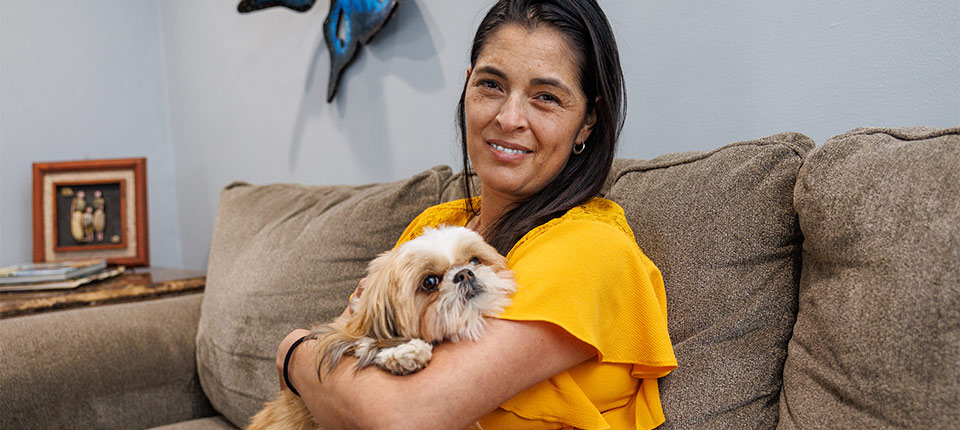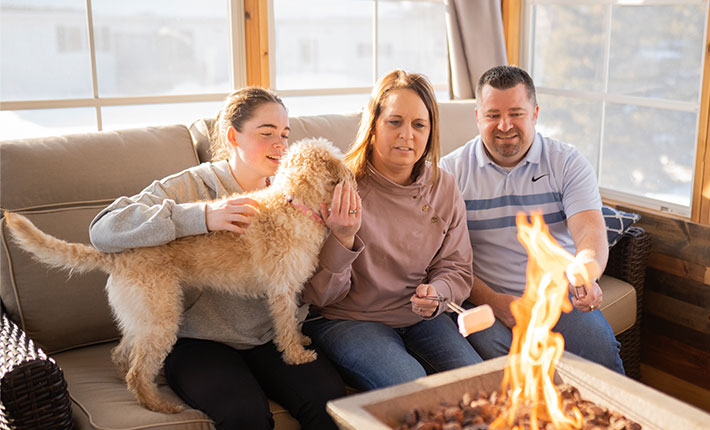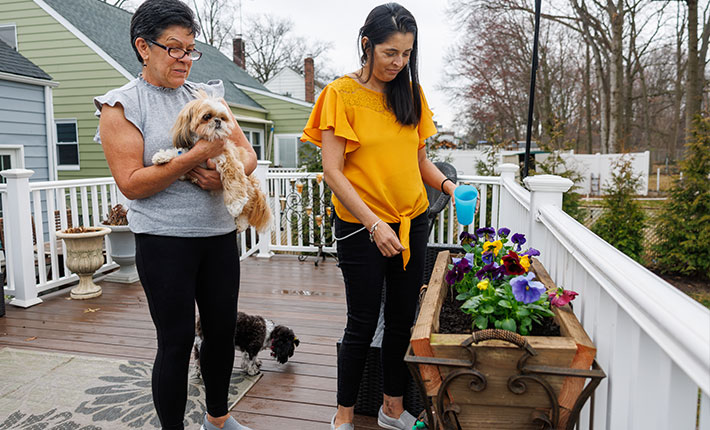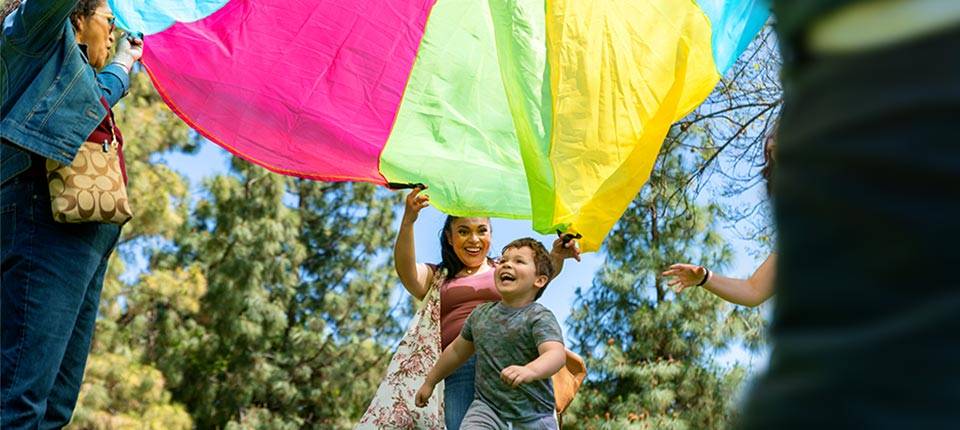Important Safety Information
HEARTMATE II
Rx Only
Brief Summary: Prior to using these devices, please review the Instructions for Use for a complete listing of indications, contraindications, warnings, precautions, potential adverse events and directions for use.
HeartMate II™ LVAS Indications: The HeartMate II™ Left Ventricular Assist System is indicated for use as a “bridge to transplantation” for cardiac transplant candidates who are at risk of imminent death from non-reversible left ventricle failure. It is also indicated for use in patients with New York Heart Association (NYHA) Class IIIB or IV end-stage left ventricular failure, who have received optimal medical therapy for at least 45 of the last 60 days, and who are not candidates for cardiac transplantation. The HeartMate II Left Ventricular Assist System is intended for use both inside and outside of the hospital, or for transportation of Left Ventricular Assist Device patients via ground ambulance, airplane, or helicopter.
HeartMate II™ LVAS Contraindications: The HeartMate II Left Ventricular Assist System is contraindicated for patients who cannot tolerate, or who are allergic to, anticoagulation therapy.
HeartMate II™ LVAS Adverse Events: Adverse events that may be associated with the use of the HeartMate II Left Ventricular Assist System are listed below. Adverse events are listed in decreasing order of frequency, except for death, which appears first because it is a non-reversible complication: death, bleeding (perioperative or late), cardiac arrhythmia, local infection, respiratory failure, device malfunction, sepsis, right heart failure, driveline or pump pocket infection, renal failure, stroke, neurologic dysfunction, psychiatric episode, peripheral thromboembolic event, hemolysis, hepatic dysfunction, device thrombosis, myocardial infarction.
HEARTMATE 3
Rx Only
Brief Summary: Prior to using these devices, please review the Instructions For Use for a complete listing of indications, contraindications, warnings, precautions, potential adverse events and directions for use.
Indications: The HeartMate 3 Left Ventricular Assist System is indicated for providing short- and long-term mechanical circulatory support (e.g., as bridge to transplant or myocardial recovery, or destination therapy) in adult and pediatric patients with advanced refractory left ventricular heart failure and with an appropriate body surface area.
Contraindications: The HeartMate 3 Left Ventricular Assist System is contraindicated for patients who cannot tolerate, or who are allergic to, anticoagulation therapy.
Adverse Events: Adverse events that may be associated with the use of the HeartMate 3™ Left Ventricular Assist System are: death, bleeding, cardiac arrhythmia, localized infection, right heart failure, respiratory failure, device malfunctions, driveline infection, renal dysfunction, sepsis, stroke, other neurological event (not stroke-related), hepatic dysfunction, psychiatric episode, venous thromboembolism, hypertension, arterial non-central nervous system (CNS) thromboembolism, pericardial fluid collection, pump pocket or pseudo pocket infection, myocardial infarction, wound dehiscence, hemolysis (not associated with suspected device thrombosis) or pump thrombosis.
Related articles
-
How Would You Measure Five More Years of Life?
With help from HeartMate 3, that's a real question to answer for people living with advanced heart failure.
-
She's still here, standing strong
Zuleyma — raising their children after her husband’s passing — fights life-limiting heart failure with HeartMate 3.




